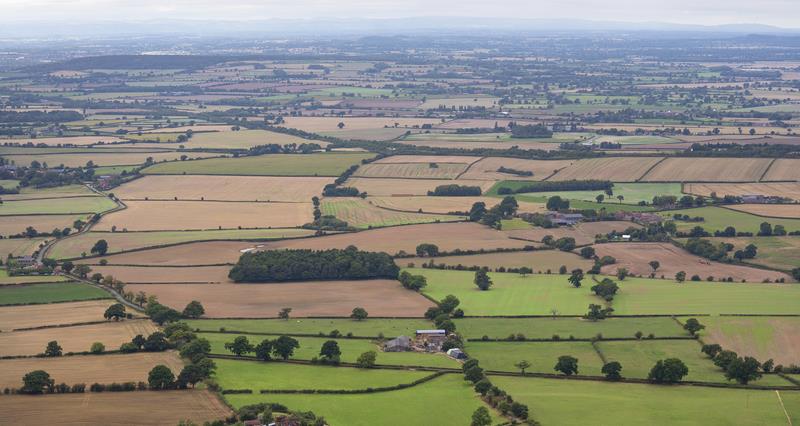Despite passionate arguments, the opposition motion to scrap the changes was defeated, with 339 votes against and 181 in favour.
The motion was tabled in response to changes to APR (agricultural property relief) and BPR (business property relief) the Chancellor announced in the Autumn Budget which will see farms valued at more than ┬Ż1 million lose full tax relief.
These reforms, due to take effect in April 2026, risk dismantling family farms and placing an unsustainable burden on British agriculture at a time when the sector is already under immense pressure.
APR changes under scrutiny
These changes have raised concerns across the political spectrum about the impact on farming communities and the wider rural economy.
Among those voicing their concerns was Labour MP Markus Campbell-Savours who represents Penrith and Solway ŌĆō a constituency with more than 1,600 farms.
In a striking and principled intervention, the MP referenced the Defra Secretary Steve Reed providing reassurance, publicly and privately, that Labour had no intention of changing APR.
He said: ŌĆ£IŌĆÖm no rebel, IŌĆÖm a moderate. But during the election, I read what I thought were assurances from my party that we had no plans to introduce changes to APR.
ŌĆ£On this basis, I reassured farmers in my constituency that we would not. Now, IŌĆÖm simply not prepared to break my word.ŌĆØ
Broader political dynamics
While the motion failed, the debate revealed a nuanced political landscape. Some Labour MPs voiced clear support for their farming constituents during the debate, yet voted with the government such as Campbell-Savours.
This outcome highlights the challenges of Opposition Day motions, which are often drafted in an overtly party-political manner, making it difficult for MPs from the party of government to vote in favour, even if they share the underlying concerns.
ItŌĆÖs important to understand that the Opposition motion was deliberately designed to make it impossible for Labour MPs to vote for. This was a political tactic to try to put clear blue water between the two parties on the issue and allow Conservative candidates in future to pin the IHT changes on MPs theyŌĆÖre challenging for a seat.
So, the level of disquiet on the Labour benches, despite this, is very encouraging.
Next steps
╗╩╝ę╗¬╚╦will continue to engage with MPs from all parties to highlight the catastrophic economic consequences the proposed ŌĆśfamily farm taxŌĆÖ would have on family farms, food security, and rural communities.
We urge all farmers to make their voices heard by contacting their local MP to explain how these changes will affect them. MPs have told us they need real-life, clear examples. You can share yours with your MP by .




